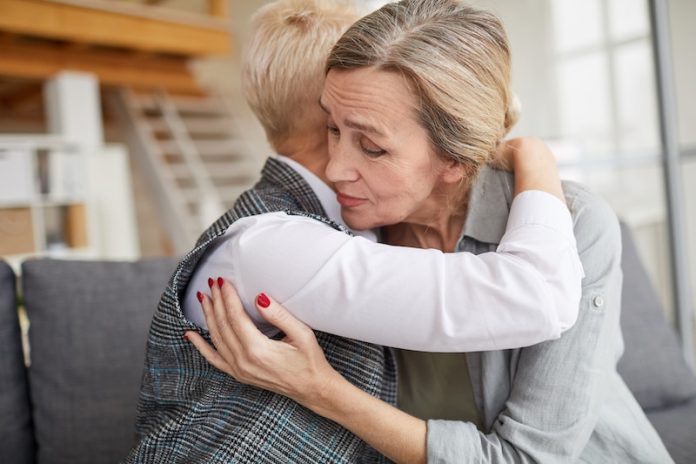
The United States Surgeon General, Dr. Vivek Murthy, is spearheading efforts to counter the increasing “epidemic of loneliness and isolation” through the “National Strategy to Advance Social Connection” initiative.
The issue has been exacerbated since the start of the COVID-19 pandemic, with reports of depression and anxiety surging at least threefold, according to neuroscientist Georgia Hodes from Virginia Tech.
Interestingly, Hodes highlights that not only can loneliness and isolation contribute to depressive episodes, but the COVID-19 infection itself can trigger depression in around 20% of individuals.
“Understanding how infection impacts mood may help us find new ways to treat individuals that do not fully respond to current antidepressants,” she said.
The CDC has linked social isolation and loneliness to a variety of health issues, including heart disease and stroke, type 2 diabetes, depression and anxiety, suicidality and self-harm, dementia, and premature death.
Hodes’ research delves into the immune system’s role in depression, focusing on biomarkers and potential treatments.
Her studies have indicated that loneliness can prime the immune system to react more powerfully to stress, thereby increasing pro-inflammatory immune responses.
Most studies on loneliness have centered on older adults, but Hodes highlighted a recent study by Isabelle F. van der Velpen et al that used MRI images to explore the relationship between loneliness and brain matter volume.
The research discovered a correlation between high loneliness scores and decreased white matter volume, and a positive correlation between perceived social support and total brain and grey matter volume.
Hodes also pointed out a consistent finding linking perceived loneliness in humans to elevated levels of the cytokine IL-6 in the periphery. IL-6 is a protein that has increased levels when someone is ill.
“The human data suggest that loneliness is putting people into a constant state of low-grade inflammation which may then promote social withdrawal, depression and/or anxiety,” she explained.
The understanding of how loneliness, infection, and immune response intertwine can offer vital clues for tackling mental health issues exacerbated by the ongoing pandemic and the associated isolation.
If you care about depression, please read studies about how dairy foods may influence depression risk, and B vitamins could help prevent depression and anxiety.
For more information about mental health, please see recent studies that ultra-processed foods may make you feel depressed, and extra-virgin olive oil could reduce depression symptoms.
Copyright © 2023 Knowridge Science Report. All rights reserved.



